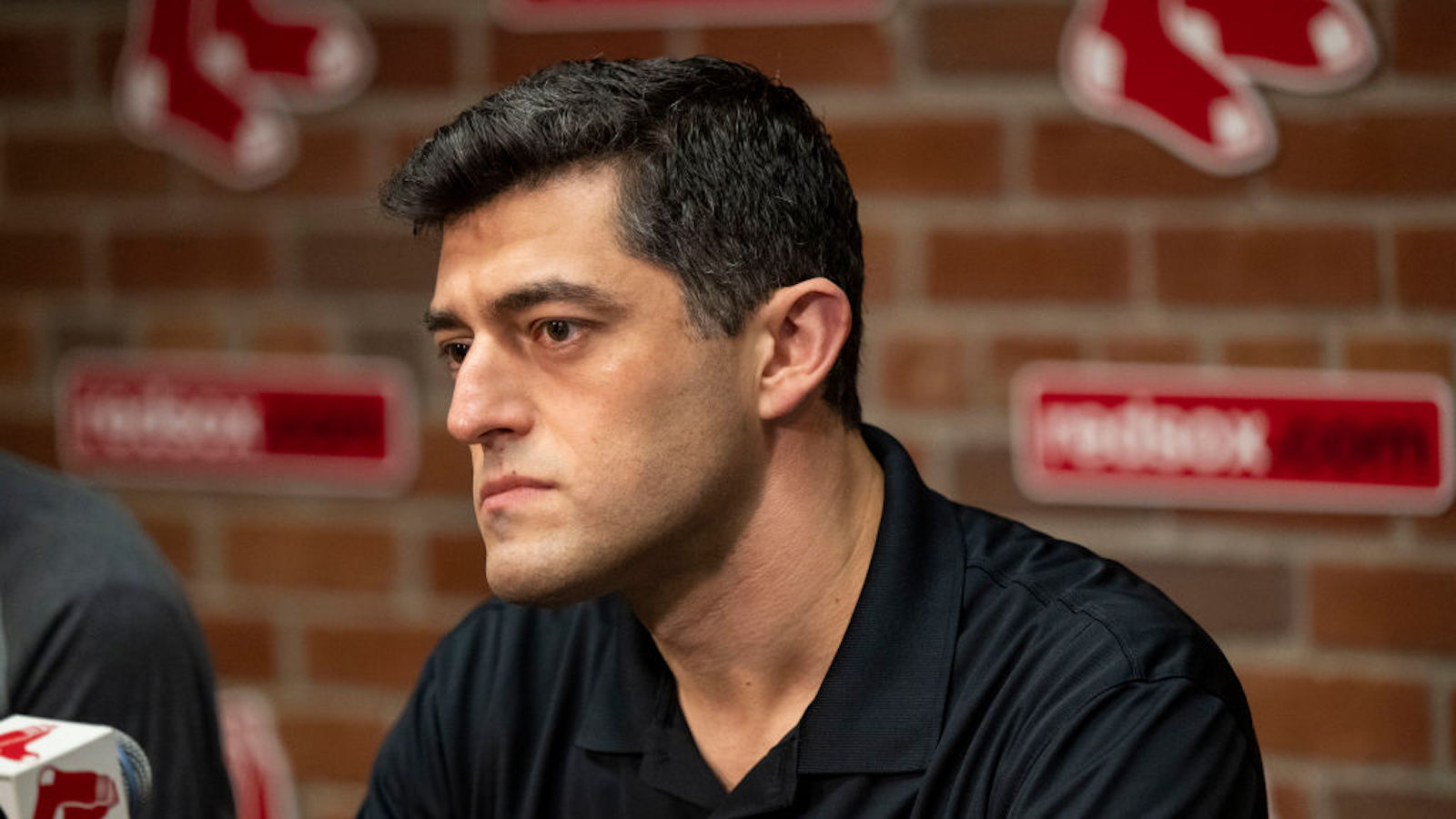It's always a little bit dangerous to formulate a strong opinion on a trade in its immediate aftermath, especially one involving prospects, because it naturally takes a few years for the true value of the players involved to become clear. The trade that brought Pau Gasol to the Lakers in 2008 looked ridiculous and lopsided when his little brother Marc Gasol, who was part of the package that L.A. sent to the Grizzlies, was an anonymous second-round pick. It stopped looking that way when Marc became one of the best players in Grizzlies franchise history.
But not even the unknowability of the future could have done much to put the Red Sox's 2020 decision to trade Mookie Betts to the Dodgers in a more flattering light. Betts was sent across the country in exchange for major-league outfielder Alex Verdugo and prospects Jeter Downs and Connor Wong. Verdugo was obviously never going to come close to replacing Betts's production (he hasn't), and even if Downs and Wong developed into good big-league players, they were never going to touch the heights that Betts is capable of reaching for the simple fact that Betts is one of the very best players of his generation. But hey, they could provide the Red Sox with some value going forward, right? Right??
Jeter Downs, one of the key pieces in the Mookie Betts trade, has been designated for assignment.https://t.co/0nhY9Gqnq5
— Chris Cotillo (@ChrisCotillo) December 15, 2022
Jeter Downs's stint in Boston will likely end with him having accumulated just 41 big-league plate appearances, which resulted in 21 strike outs and .154/.171/.256 slash line. He was a Top-50 prospect in the Dodgers' organization and played great as a 20-year-old in High-A and Double-A in 2019. Once the Red Sox got their hands on him, though, they promoted him to Triple-A and he fell off a cliff. In 2021, he struck out 131 times and hit .191 in 405 Triple-A plate appearances.
Downs is now left, at the age of 24, to try to resurrect his career while the Red Sox are left to answer more questions about just what the hell they think they are doing. Wong now remains as their last, best hope to get value from the Betts trade, and even if he manages to lock down a big-league roster spot next season, he'll have the misfortune of playing with a bunch of other guys who are ill-equipped to make up for the front office's mistakes.
Chaim Bloom inherited 27 year old Mookie, 27 YO Bogaerts, 25 YO Benintendi, and 23 YO Devers and so far has turned them into:
— Michael Dyer (@Mike_Dyer13) December 8, 2022
Alex Verdugo
Jeter Downs
Connor Wong
Franchy Cordero
Josh Winckowski
Grant Gambrell
Luis De La Rosa
Freddy Valdez
Devers still here, but not extended
It's easy to figure out why the Red Sox had to DFA a regressing former prospect who can't stop striking out. It's much harder to understand why Chaim Bloom still has a job.






